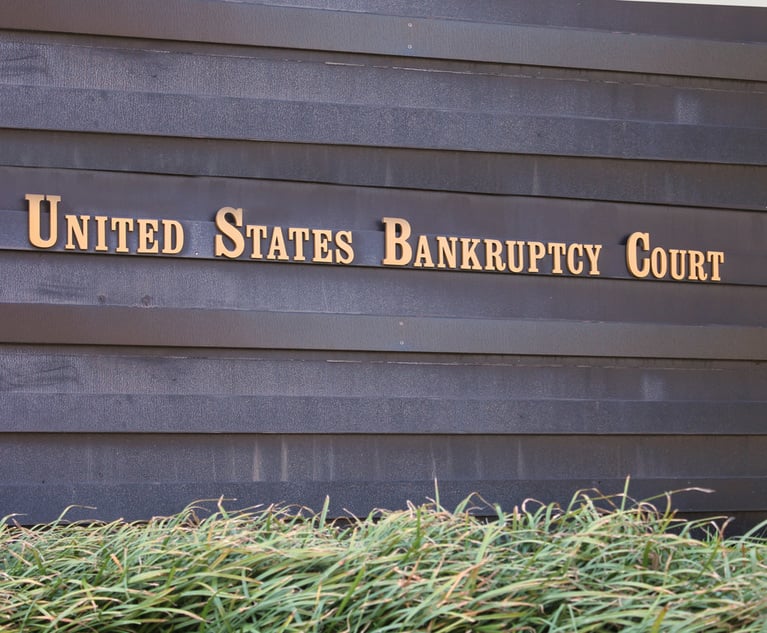Question: I run a large nonprofit in New York City that operates homeless shelters. I am advised that a leasehold condominium may be a beneficial structure for us instead of a long-term lease. Can you give an overview of leasehold condominiums and how they are created, as well as confirm whether operating a shelter qualifies for any special benefits?
Answer: You are correct that a leasehold condominium structure may, in fact, be more beneficial for a nonprofit versus a long-term lease. That is, so long as the anticipated long-term lease was for 30 years or more, which is the minimum length of time needed to create a leasehold condominium compliant with Article 9-B of the Real Property Law (known as the Condominium Act). The benefit to a nonprofit that owns a leasehold condominium unit or units is the potential eligibility for a valuable tax exemption under N.Y. Real Prop. Law §420-a (the “420-a Exemption”). And yes, the New York City Department of Finance (DOF) confirmed in 2022 that a nonprofit that operates a homeless shelter can apply for the 420-a Exemption.
Overview of Leasehold Condominiums
This content has been archived. It is available through our partners, LexisNexis® and Bloomberg Law.
To view this content, please continue to their sites.
Not a Lexis Subscriber?
Subscribe Now
Not a Bloomberg Law Subscriber?
Subscribe Now
LexisNexis® and Bloomberg Law are third party online distributors of the broad collection of current and archived versions of ALM's legal news publications. LexisNexis® and Bloomberg Law customers are able to access and use ALM's content, including content from the National Law Journal, The American Lawyer, Legaltech News, The New York Law Journal, and Corporate Counsel, as well as other sources of legal information.
For questions call 1-877-256-2472 or contact us at [email protected]


 Erica Buckley
Erica Buckley




